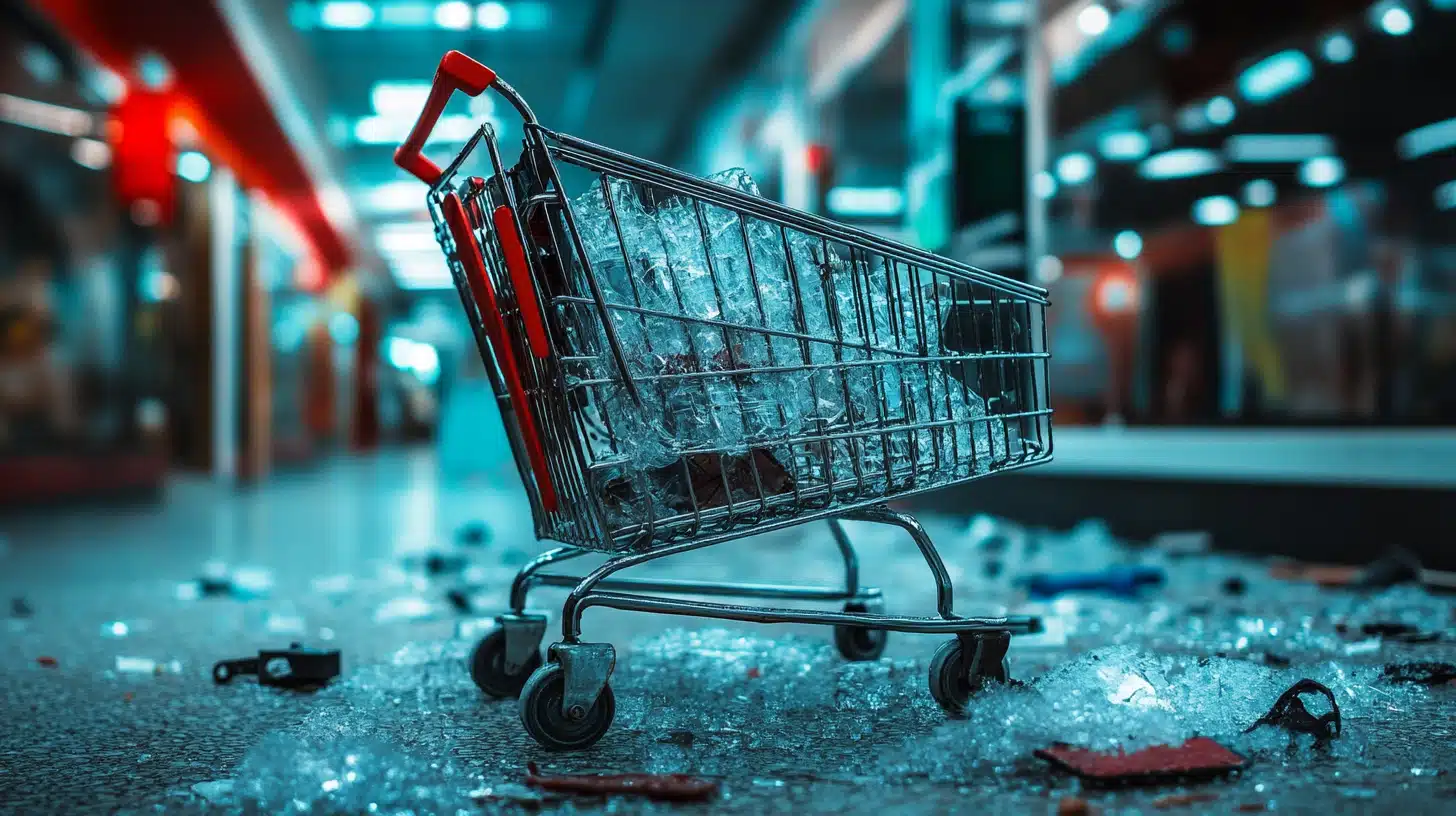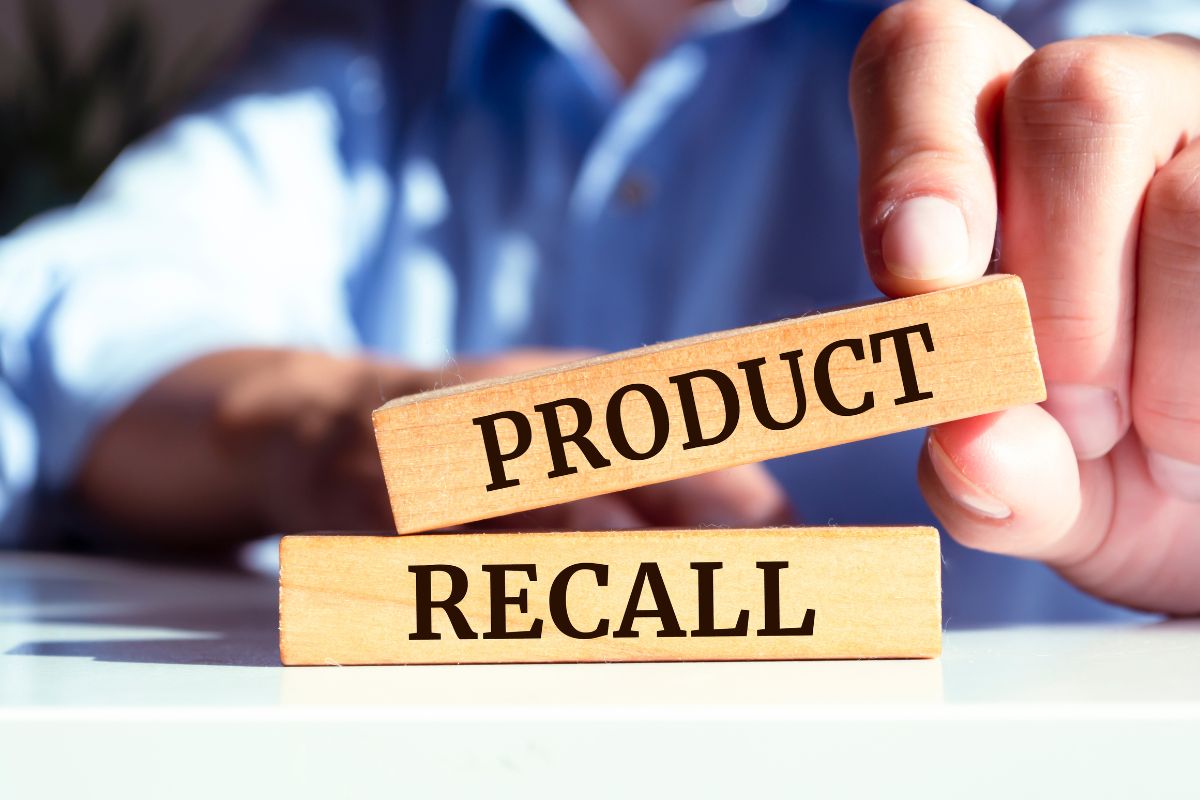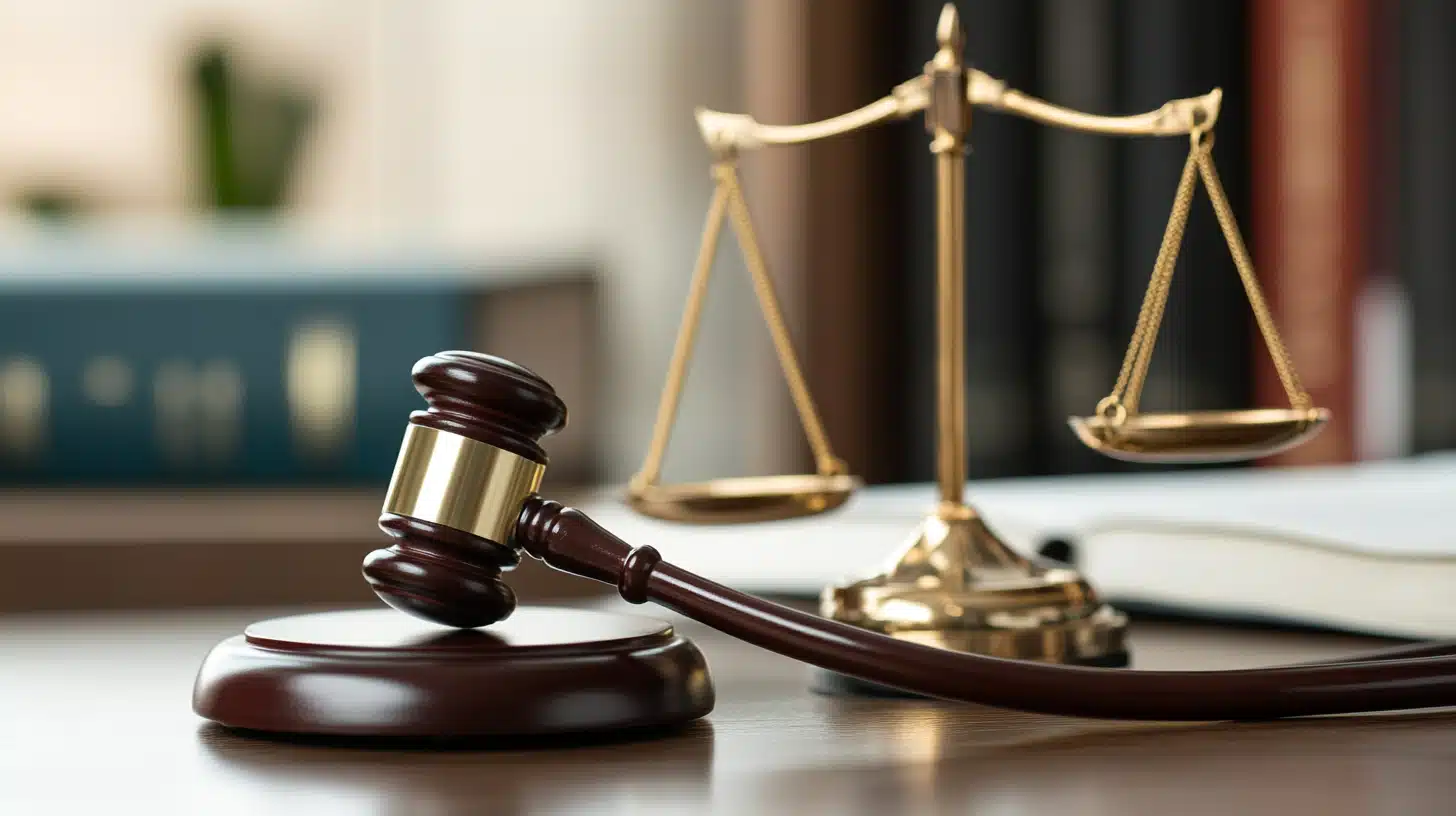
Product recalls are intended to protect the public—but they often come too late for those already harmed. From faulty appliances and unsafe toys to contaminated food or hazardous car parts, many recalls only happen after multiple injuries or complaints have been reported. In some cases, the warning signs were known long before any official action was taken.
When you’ve been injured by a product that’s later recalled, you’re left wondering: Who’s responsible for the damage, and what legal options do you have? The truth is, companies may still be held liable—even if the recall didn’t occur until after your injury. Understanding your rights and the legal landscape surrounding pre-recall injuries is key to getting justice and protecting others from future harm.
Why Timing Doesn’t Excuse Liability for Dangerous Products

Just because a company recalls a product after your injury doesn’t mean it escapes responsibility. In fact, a late recall can sometimes strengthen your case by proving the product was already known to be defective. Manufacturers have a legal duty to design, test, and distribute products that are safe for consumer use. When they breach that duty—by ignoring red flags, failing to test adequately, or delaying action—they can be held accountable for any harm caused.
Trust a top-rated Houston injury lawyer at The Doan Law Firm to handle negotiations and litigation skillfully on your behalf. These cases often involve going head-to-head with large corporations and their insurers, and having experienced legal counsel ensures that you’re not outmatched. Whether your injury occurred days or months before a recall, your right to compensation remains intact if negligence or defective design can be proven.
Common Reasons Recalls Are Delayed
While some recalls happen quickly after a defect is discovered, others are delayed due to corporate hesitation, lack of consumer reports, or slow regulatory action. Unfortunately, these delays can lead to more injuries before any protective steps are taken.
Typical causes of delayed recalls include:
- Insufficient internal testing before product release
- Ignoring early customer complaints or dismissing them as isolated incidents
- Cost concerns related to replacing or repairing defective products
- Supply chain complexity that slows communication between manufacturers and distributors
- Lack of enforcement pressure from regulatory agencies
Regardless of the reason, companies can be held liable if their delay directly contributed to your injury.
Types of Injuries Often Seen in Pre-Recall Cases
The nature of injuries from defective products depends on the product itself, but pre-recall incidents frequently result in serious harm due to a lack of consumer awareness.
Examples include:
- Burns or fires from malfunctioning electronics or appliances
- Choking hazards from children’s toys with detachable parts
- Severe allergic reactions from undeclared ingredients in food products
- Auto injuries from defective airbags, brakes, or fuel systems
- Lacerations or amputations from unsafe tools or industrial equipment
The absence of a timely recall can mean consumers continue using the product without realizing the risk—sometimes until it’s too late.
Steps to Take If You’re Injured Before a Recall Is Issued
If you’ve been injured by a product that’s later recalled—or one that should have been—you still have the right to pursue legal action. Time is critical in these situations, and taking immediate steps can significantly strengthen your case. Start by seeking prompt medical attention and thoroughly documenting your injury. Be sure to preserve the product in its current state, whether damaged or used, as it may serve as vital evidence later on. Avoid throwing it away or attempting to repair it.
In addition, take detailed photos of the product, its packaging, any warnings or instructions, and the defect that caused the injury. Retain all receipts, warranty details, and proof of purchase. File a report with the Consumer Product Safety Commission (CPSC) or the appropriate regulatory agency, as this helps create a formal record of the incident. Most importantly, consult with a product liability attorney to evaluate your case and guide you through the legal process. These actions not only support your own claim but can also contribute to protecting other consumers from future harm.
How Product Liability Law Applies Before a Recall

Product liability law allows injured consumers to seek compensation if a product is unreasonably dangerous due to design flaws, manufacturing defects, or a lack of proper warnings. The presence or absence of a recall doesn’t affect whether a product was defective at the time it injured you—it simply provides more context.
In fact, a product recall issued after your injury may serve as evidence that the manufacturer acknowledged the defect, strengthening your claim. Even without a formal recall, your attorney can argue that the company should have known about the risk based on available evidence or internal records.
What Compensation Can Include for Pre-Recall Injuries
If your claim is successful, you could be entitled to various damages that represent both the physical and emotional impact of the injury. The amount is influenced by factors such as the extent of the harm, the way the product impacts your daily life, and the necessity for long-term care.
Compensation may include medical expenses, lost wages or reduced earning capacity, pain and suffering, emotional distress, and even permanent disability or disfigurement. In cases involving gross negligence, punitive damages may also apply. An experienced legal team can help assess your losses and build a case that seeks full and fair compensation.
When Corporations Wait, Consumers Shouldn’t
A product recall is often too little, too late for those already harmed. While recalls aim to prevent future injuries, they don’t erase the damage already done. If you’ve been injured by a defective product—even before a company admits the problem—you have the right to seek justice.
Corporations may delay action, but you don’t have to. Legal representation can help you hold them accountable, protect your rights, and prevent future harm to others. Your voice—and your case—can be the catalyst for change. Standing up for yourself not only paves the way for justice in your situation but also inspires others to speak out. Together, we can challenge unfair practices and create a safer environment for everyone.


